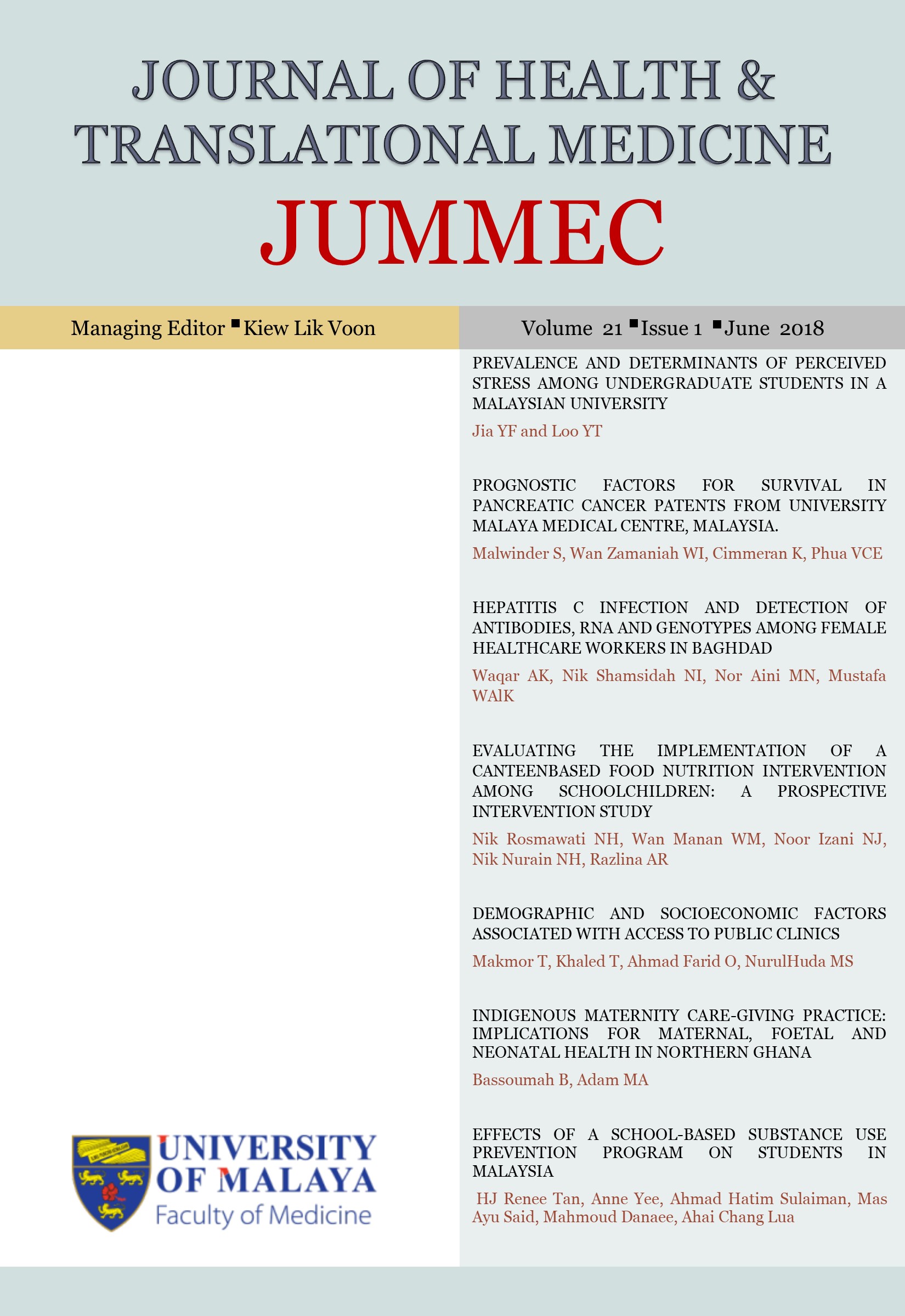INDIGENOUS MATERNITY CARE-GIVING PRACTICE: IMPLICATIONS FOR MATERNAL, FOETAL AND NEONATAL HEALTH IN NORTHERN GHANA
Keywords:
Healthcare, Practitioners, Postpartum, Concoctions, Expectant motherAbstract
The study aimed at government efforts in making maternal and child healthcare services more available to rural women, many of whom who still seek care from traditional practitioners during the postpartum period after childbirth. In this research, we explored the role of traditional practitioners, such as Traditional Birth Attendants (TBAs), herbalists and spiritualists, in traditional maternity care and the implications for the health of the expectant mother, foetus or baby. This qualitative inquiry used purposive sampling and snowballing to select the respondents in their various localities. It was observed that the traditional practitioners performed both spiritual and medical roles during pregnancy and childbirth. In the study, we discovered that both mothers and babies were exposed to health risks, as administration of the herbal medicines and assistance at deliveries were carried out under unhygienic conditions. The techniques used in labour management were not in compliance with the recommendations of the World Health Organisation. The stages of maternity were characterised with the application of herbal concoctions with spirituality attached. The study recommends re-examination of mediating socio-cultural factors to professional health care. There is a need for the Ghana Health Service to ensure the efficacy and safety of herbal drugs as well as to monitor the production and application of such medicines.
Downloads
Downloads
Published
Issue
Section
License
All authors agree that the article, if editorially accepted for publication, shall be licensed under the Creative Commons Attribution License 4.0 to allow others to freely access, copy and use research provided the author is correctly attributed, unless otherwise stated. All articles are available online without charge or other barriers to access. However, anyone wishing to reproduce large quantities of an article (250+) should inform the publisher. Any opinion expressed in the articles are those of the authors and do not reflect that of the University of Malaya, 50603 Kuala Lumpur, Malaysia.


